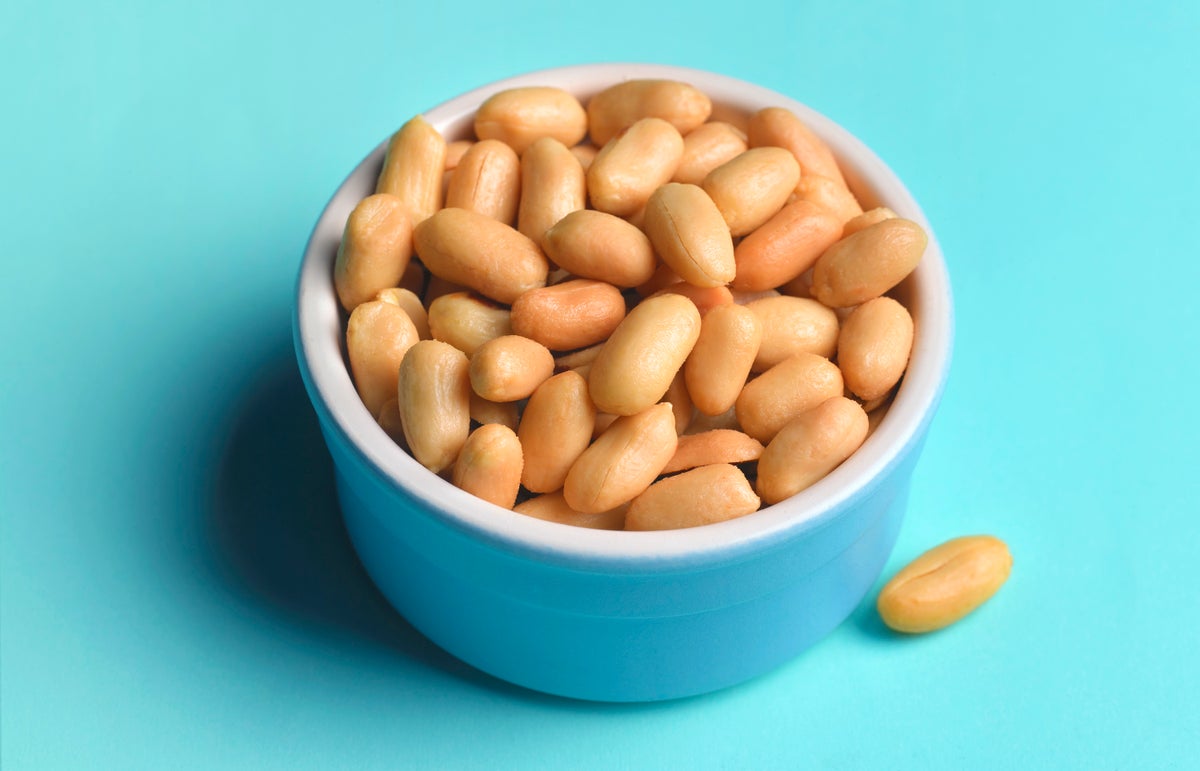On November 19, 2025, Robert F. Kennedy Jr., the U.S. Secretary of Health and Human Services, made headlines by suggesting a possible link between peanut allergies in children and environmental toxins—specifically aluminum found in vaccines and pesticides. This claim challenges the prevailing scientific consensus that early exposure to food allergens, rather than exposure to toxins, plays a crucial role in the development or prevention of food allergies.
Over the past several decades, peanut allergies among children had been on the rise, causing concern among parents and healthcare providers alike. However, in recent years, the incidence of these allergies has significantly declined. Experts attribute this positive trend largely to changes in public health guidelines. In 2017, and again with updates in 2021, pediatric recommendations shifted to encourage parents to introduce peanuts and other common allergens to their infants as early as four to six months old. This was a notable change from older guidelines, which had advised parents to wait until children were about three years of age before introducing such foods. These updated recommendations are supported by substantial scientific evidence showing that early exposure to allergens can help build tolerance and reduce the likelihood of developing allergies.
Despite this body of evidence, Kennedy dismissed the role of early exposure in preventing peanut allergies. Instead, he pointed toward aluminum in vaccines and pesticides in the environment as potential causes. This stance echoes previous claims made by former President Donald Trump in September 2025, who also expressed concerns about aluminum in vaccines. Following these claims, the U.S. Food and Drug Administration (FDA) announced in October that it would begin studying the use of aluminum in vaccines to better understand any potential risks.
Aluminum is a naturally occurring element that is common in many foods and the environment. It is also used as an adjuvant in certain vaccines, including those for human papillomavirus (HPV), tetanus, diphtheria, and pertussis (Tdap), as well as some combination vaccines that protect against diseases like polio. The purpose of adding aluminum to vaccines is to enhance the body’s immune response, making the vaccine more effective. However, the amount of aluminum present in vaccines is very small—less than what infants typically receive through breast milk or infant formula—and so far, it has not been found to pose any harm to recipients.
Experts in immunology and vaccine science emphasize that removing aluminum from vaccines would be a complex and unlikely endeavor. Peter Jay Hotez, a vaccine expert at Baylor College of Medicine, has explained that reformulating vaccines to exclude aluminum would require extensive scientific and regulatory work, and is not currently considered necessary given the safety profile of aluminum-containing vaccines.
Regarding pesticides, the scientific evidence linking them to food allergies is weak. While some studies have explored potential connections between pesticide exposure and respiratory conditions like asthma in children, a 2022 research review found little strong evidence to support pesticides as triggers for food allergies. The focus remains on other factors that influence immune system development and allergy risk.
In contrast, there is significant and well-established evidence supporting the idea that food allergies, including peanut allergies, are largely influenced by early dietary exposure. A landmark 2015 randomized clinical trial, published in the New England Journal of Medicine, demonstrated that children who were introduced to peanuts before the age of five had a much lower chance of developing peanut allergies compared to children whose parents avoided giving them peanuts. This study has helped shape current pediatric guidelines and has been widely accepted by the medical and scientific communities.
Beyond early exposure to allergens, researchers are also investigating other factors that may contribute to the development of food allergies. For example, cesarean section births and the use of antibiotics in early life have been identified as potential influences on immune system development and allergy risk, though these areas require further research.
The discussion around aluminum in vaccines and environmental toxins highlights the ongoing challenges in public health communication, especially when scientific evidence conflicts with popular narratives or political claims. Misinformation or unsupported claims about vaccine safety can contribute to vaccine hesitancy, which poses serious risks to public health.
Tanya Lewis, senior desk editor for health and medicine at Scientific American, provided critical insight into this topic. Lewis has a strong background in biomedical engineering and science communication, and she emphasizes the importance of relying on rigorous scientific evidence when evaluating causes of food allergies and vaccine safety. Her work, along with that of other scientists and journalists, helps ensure that accurate and evidence-based information reaches the public.
Scientific American, where Lewis works, continues to serve as a

